How to Embrace an Eco-Friendly Lifestyle
What Does “Eco-Friendly” Really Mean?
In simple terms, being eco-friendly means making choices that are not harmful to the environment. According to Dictionary.com, “eco-friendly” is an adjective—but more importantly, it’s an action. It’s about making thoughtful decisions in our everyday lives to reduce our environmental impact. From cutting down on waste to conserving water and energy, living more sustainably goes far beyond simply recycling.
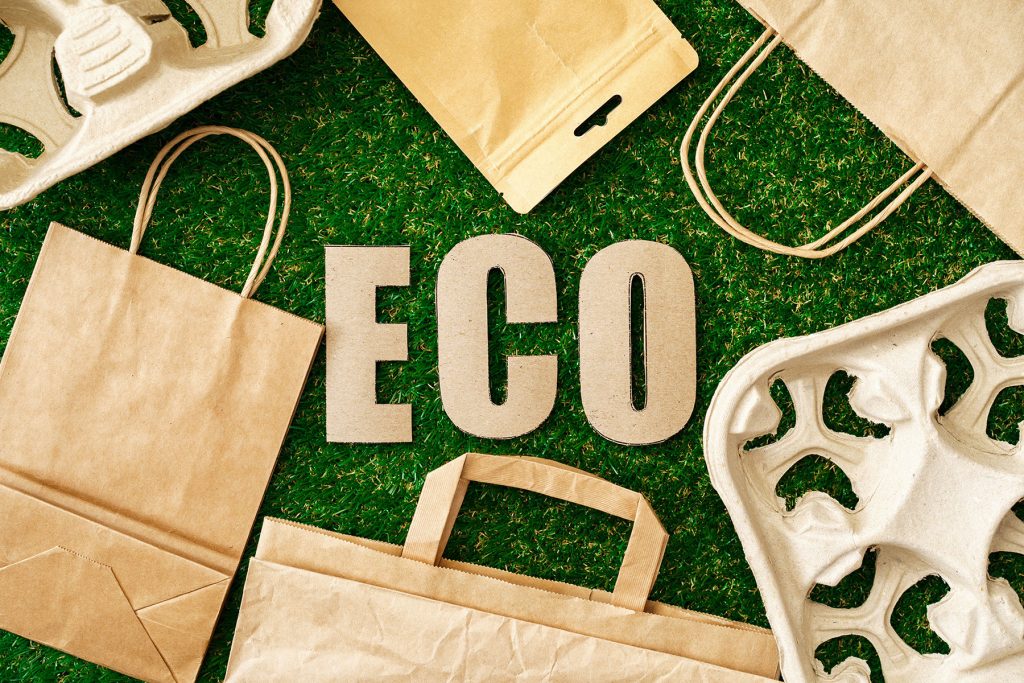
Why Is Adopting an Eco-Friendly Lifestyle So Important?
“We do not inherit the Earth from our ancestors; we borrow it from our children.” – Anonymous
When we begin to see eco-conscious habits as daily choices that shape the future, we understand their true significance. The decisions we make today will directly impact future generations. Taking small, mindful steps toward sustainability helps protect the planet's air, water, and soil—ensuring a livable Earth for the years to come. Remember: even the smallest ripple can reach the farthest shore.
Effortless Ways to Start Your Eco-Friendly Journey
1. Switch to Canvas Bags
Bringing reusable canvas bags when you shop is one of the easiest ways to reduce plastic waste. While plastic bags are technically recyclable, the vast majority end up in landfills. Swapping to canvas and shopping at local farmers’ markets also supports local growers and reduces packaging waste—an easy win for your community and the planet.
2. Refill and Reuse Containers
Many UK retailers now offer refill stations for everyday items like coffee, washing-up liquid, and even filtered water. Glass jars or reused plastic containers work well for this purpose. Investing in a water filter and a reusable bottle means you’ll no longer need to lug around heavy packs of bottled water—and you’ll save money in the long run.
3. Choose Glass Over Plastic
Microplastics are now found everywhere—from the depths of the ocean to human bloodstreams. Unlike plastic, glass is fully recyclable and non-toxic. It’s time to swap out your old, stained plastic containers for sustainable glass alternatives.
4. Opt for Organic Produce
Organic foods are grown without harmful pesticides or synthetic fertilisers, which are better for both your health and the environment. Buying organic helps protect biodiversity and preserve soil quality.
5. Avoid Single-Use Plastics
Avoid items packaged in single-use plastic, such as takeaway containers and individually wrapped snacks. Instead, look for products packaged in glass, aluminium, or compostable materials.
6. Buy Only What You Need
Avoid falling for “multi-buy” sales that lead to over-purchasing. Stick to your shopping list or opt for online click-and-collect to reduce impulse buying. Conscious consumerism means less waste and more savings.
Composting: A Natural Way to Reduce Waste
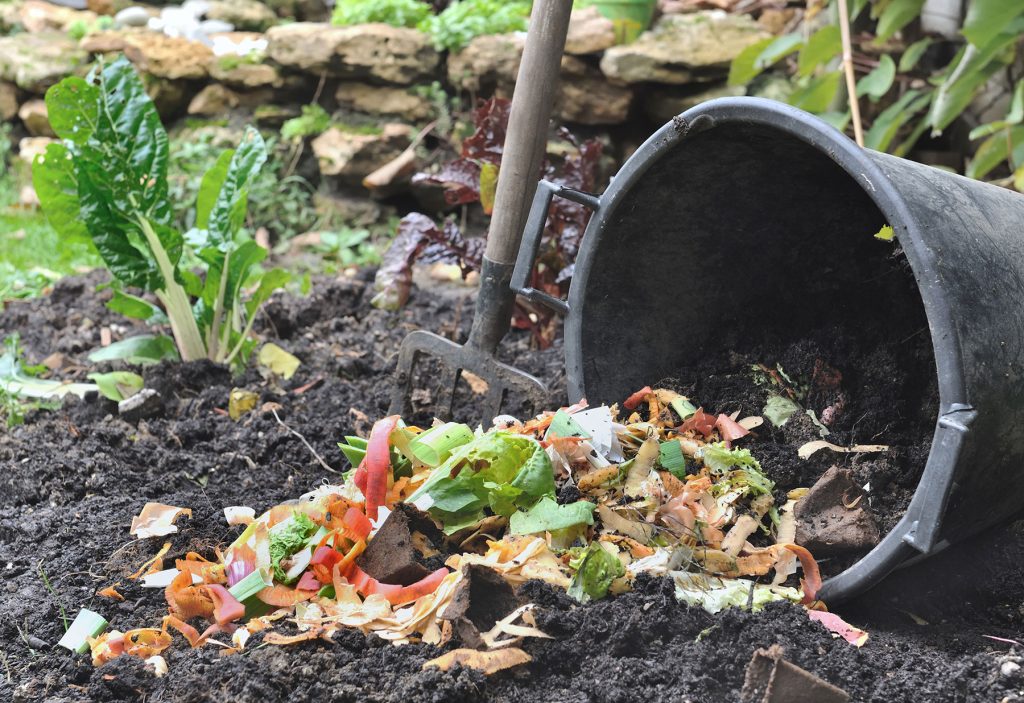
Composting food scraps, leaves, and other organic matter not only enriches your soil but also reduces landfill contributions and greenhouse gas emissions. Whether you compost in your garden or in a small indoor bin, the process helps turn waste into nutrient-rich soil. Many UK councils offer free compost bins—check your local authority’s website for availability.
What You Can Compost:
-
Indoors: fruit, vegetables, coffee grounds, eggshells, tea bags, grains, shredded paper, and pet fur.
-
Outdoors: grass clippings, leaves, hay, straw, and untreated wood chips.
Avoid Composting: meat, dairy, oils, pet waste, and diseased plants.
Reduce Your Carbon Footprint

Even minor lifestyle tweaks can drastically cut your carbon output:
-
Cycle or walk for local errands.
-
Carpool or use public transport.
-
Consider an electric vehicle when it’s time to upgrade.
-
Use energy-efficient lighting and unplug electronics when not in use to avoid phantom energy.
Eco-Friendly Fun: Make Celebrations Sustainable
-
Swap red plastic cups for reusable aluminium ones—they’re durable and keep drinks colder.
-
Use leaf confetti instead of plastic glitter for parties.
-
Opt for gas or electric barbecues over charcoal for a cleaner cookout.
-
Use recyclable wrapping paper or repurpose materials for beautifully wrapped gifts without the waste.
Greener Homes: Simple Energy-Saving Habits
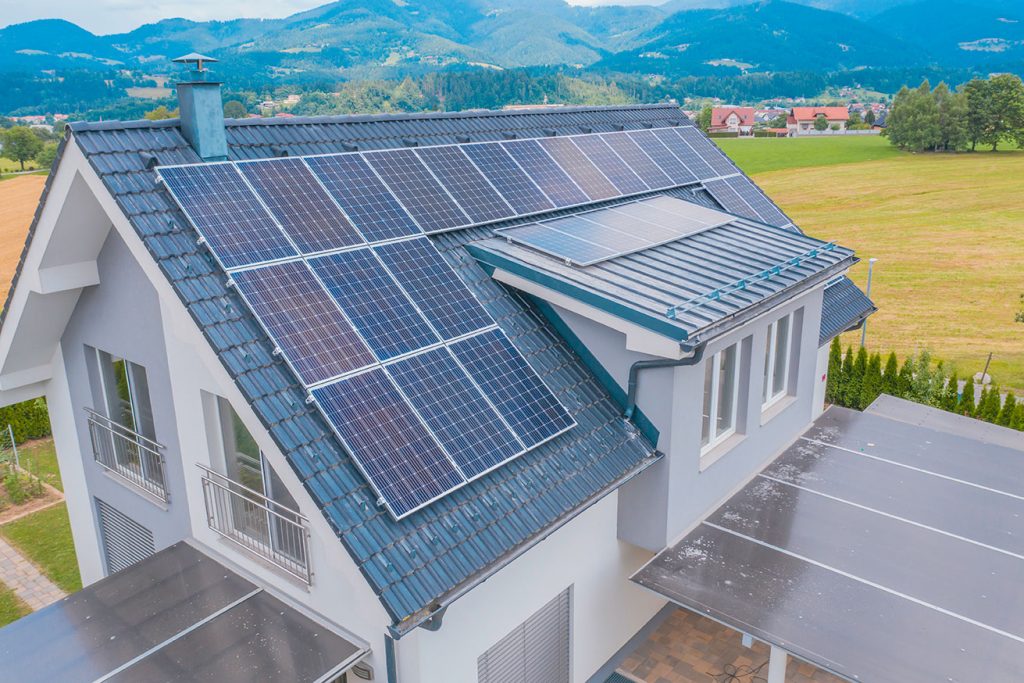
-
Install solar panels (some UK companies offer payment plans).
-
Switch off lights and unplug devices not in use.
-
Use LED bulbs for better energy efficiency.
-
Limit showers to 5 minutes and turn off taps while brushing teeth to conserve water.
-
Try a shower timer or sing a 5-minute song to keep track.
Clean and Groom the Eco-Friendly Way
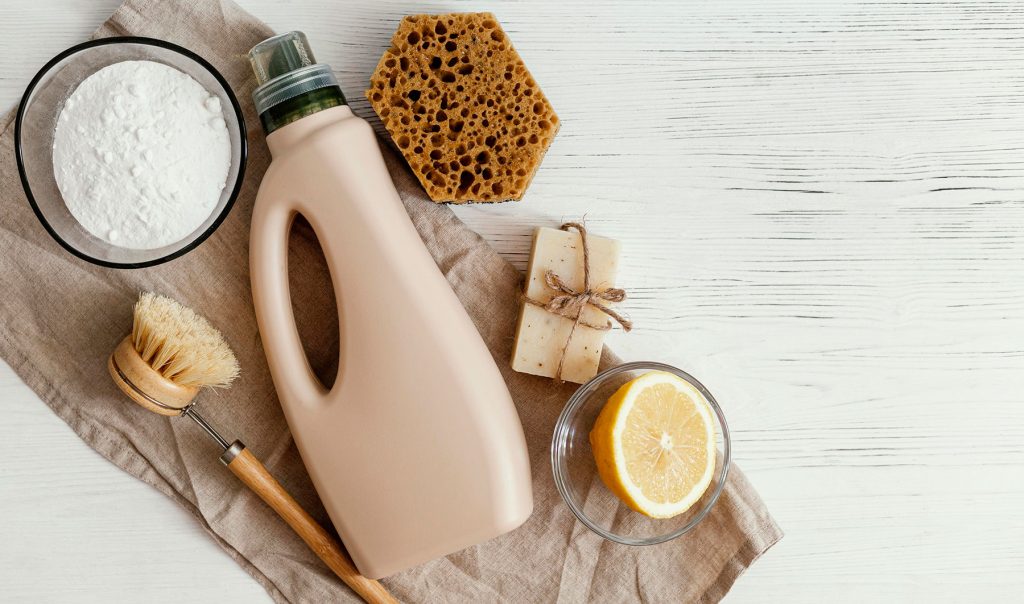
Many cleaning products contain harmful chemicals that pollute air and water. Brands like Ecover and Method offer non-toxic cleaning solutions in biodegradable or glass packaging.
Eco-friendly hygiene swaps:

-
Bamboo or cornstarch toothbrushes
-
Natural shampoo bars, body wash, and deodorant
-
Recyclable razors and biodegradable dental floss
Upcycling: Turn Waste into Useful Items
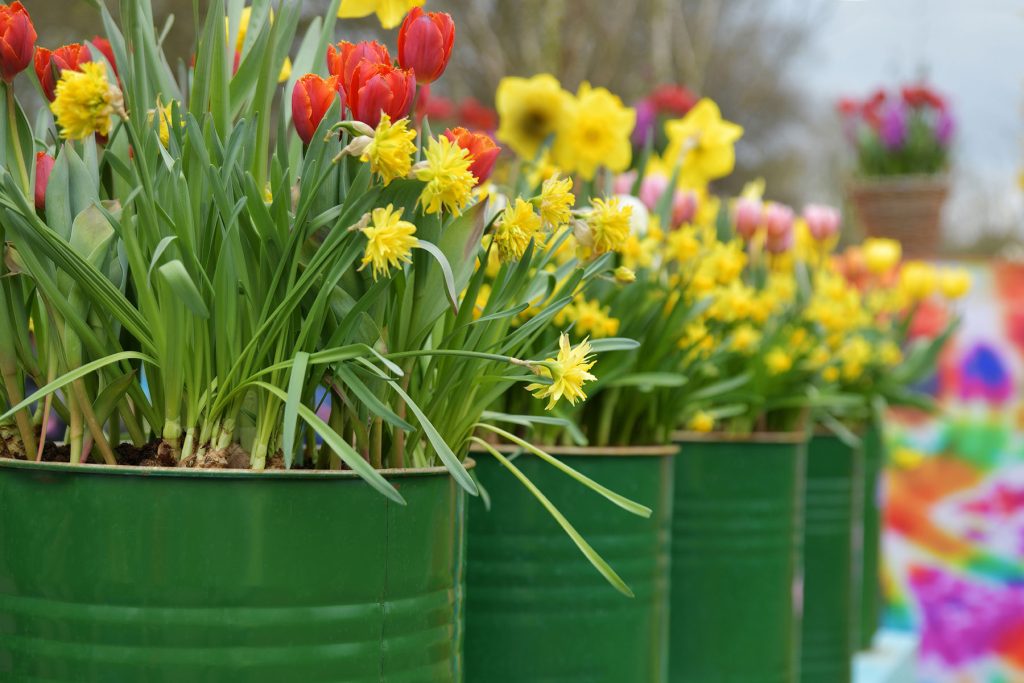
-
Use old tins as planters—perfect for herbs on your windowsill.
-
Repurpose candle jars for storage—just freeze to remove leftover wax.
-
Turn old socks into drink sleeves to keep beverages cold or hands safe from heat.
Cut Down on Meat to Help the Planet
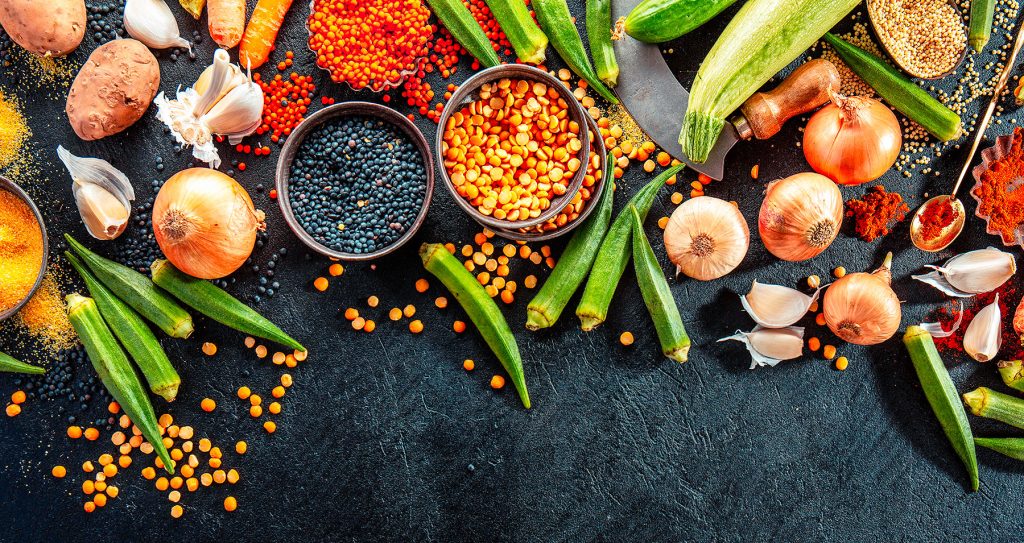
Livestock farming contributes nearly 20% of all greenhouse gas emissions. Gradually reducing meat intake—even one day a week—can make a significant difference.
Try these plant-based swaps:
-
Pasta with veggie marinara instead of meat sauce
-
Tofu, lentils or beans in place of mince or chicken
-
Brands like Quorn and Linda McCartney offer tasty meat alternatives readily available in supermarkets.
Let’s Create a Greener Future Together
Living sustainably doesn’t require a complete lifestyle overhaul overnight. Start small, take consistent steps, and invite friends and family to join your eco-friendly journey.


